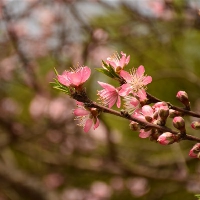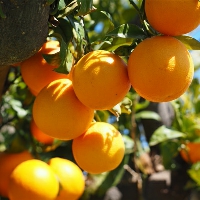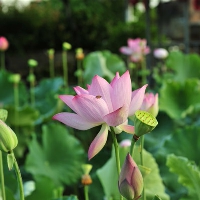Topic content:
At the New Year's Day get-together, Class 6, Grade 3, Junior High School held a get-together themed "Celebrating Youth". Here are some preparations before the activity. Please take part in solving the problems. (12 points)
A. Theme: eulogizing youth
B. Banner:
C. Activities:
"Opening remarks, the get-together begins →"? Recite youth →? Singing Youth → ④ Dancing Youth → ⑤ → ⑥ Teacher delivers a speech and the party ends
D. The host writes the opening speech:
?
Youth, like flowers and fire, is the prelude to our symphony of life;
Youth is like;
Youth is like.
Even if there are difficulties, twists and turns, and pain, it is also a useful experience for us to gain valuable experience. In the words of Lonely Journey, we are "grown up" and "strong". Youth makes us full of enthusiasm, vitality and hope!
?
Subtitle 1: Please draw up a slogan for this New Year's Day get-together. (2 points)
Subtitle 2: Please design a link for this get-together according to the activity schedule. (2 points)
⑤
Subtitle 3: The host has not yet conceived the eulogy of "youth" in the opening speech. Please follow the previous sentence and write two sentences at the line to help the host complete it. (4 points)
Youth is like;
Youth is like.
Subtitle 4: After completing the above steps, now please complete the first and last cohesive words in the host's opening speech, and the New Year's Day get-together will begin soon. (4 points)
?
?
Best answer:
Subtitle 1: omitted
Subtitle 1: Deduct youth (preferably a four character phrase)
Subtitle 1: omitted
Subtitle 1: omitted
Answer analysis:
Subtitle 1: This question examines the ability of students to write propaganda slogans. It can reflect the theme, festival atmosphere and conciseness.
Subtitle 1: This question examines students' ability to design activity projects. Comply with the content of the activity and Class I.
Subtitle 1: This question examines students' ability to imitate sentences according to "youth". In addition to conforming to the specific context, pay attention to the format of example sentences.
Subtitle 1: This question tests the students' ability of oral communication. Beginning: pay attention to proper address and theme; Conclusion: Pay attention to the first performance.
Test core:
Comprehensive reading and writing: give a paragraph of material to examine students' ability to examine questions, organize and play. The material is not only a topic set in the textbook, but also more flexible to connect with life and social reality, to examine students' ability to comprehensively use Chinese in a specific situation, to see whether students can find problems, whether they can be concise Express your opinions fluently. Therefore, students should pay attention to the hot issues in life, actively participate in practical activities, and express their design, experience and harvest in the activities in words. This is very helpful for improving students' comprehensive reading and writing ability.











